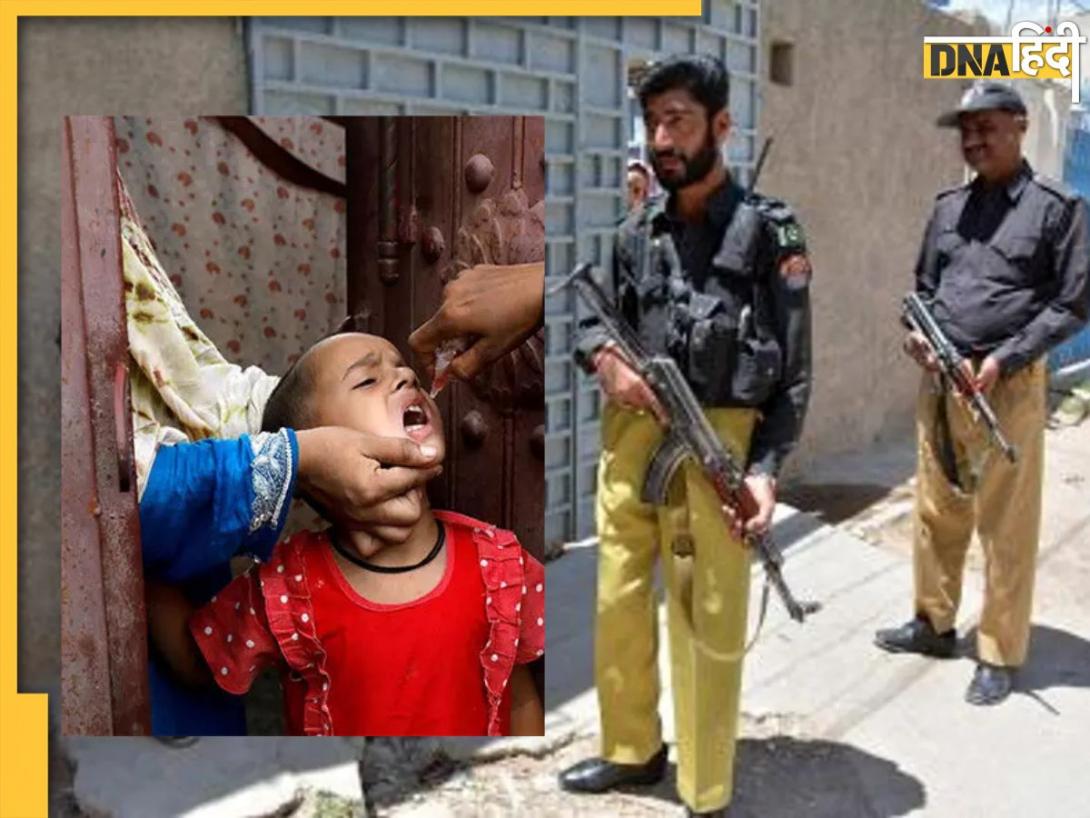- LATEST
- WEBSTORY
- TRENDING
HEALTH
Dengue or viral fever? How to differentiate between the two
Differentiating between viral fever and dengue fever can be challenging, as both share common symptoms in the initial stages.
TRENDING NOW
Dengue and viral fevers are two prevalent conditions in India. Viral fevers can occur year-round, varying with the season and specific virus. Dengue fever, however, peaks during the monsoon months (June to September) but can occur throughout the year due to factors like rainfall, temperature, and mosquito breeding conditions.
Distinguishing between viral fever and dengue fever
Differentiating between viral fever and dengue fever can be challenging, as both share common symptoms in the initial stages. These common symptoms include:
- High fever (usually above 102°F or 38.9°C)
- Headache
- Body ache and muscle pain
- Fatigue
- Nausea
- Cough
- Sore throat
However, severe dengue fever exhibits distinct symptoms that can help in differentiation:
- Severe joint and muscle pain (often described as ‘breakbone’ fever)
- Pain behind the eyes
- Mild bleeding (nosebleeds, gum bleeding, or easy bruising)
- Red, flushed rash or small red spots on the body
A blood test can definitively diagnose dengue fever and often reveals a decrease in platelet count.
What to do when sick with dengue fever
Dengue fever can be serious, especially in children, and requires a specific approach to medical care and treatment. Here’s what to do:
Visit a Doctor: Severe cases of dengue fever can be life-threatening and progress rapidly in children. Seek medical care immediately if you suspect dengue fever. Early diagnosis aids in proper treatment and quick recovery. Hospitalization may be recommended for close monitoring in severe cases.
Monitor Symptoms: Regularly check your child’s temperature and watch for signs of dehydration or worsening condition. Keep track of any changes in symptoms.
Hydration: Ensure your child drinks plenty of fluids to stay well-hydrated. Use water, electrolyte solutions, oral rehydration solutions, coconut water, or diluted fruit juices, especially if vomiting or diarrhea is present.
Prevent Mosquito Bites: Dengue fever is transmitted by mosquitoes. Prevent further mosquito bites to avoid spreading the infection. Keep your child indoors and use mosquito nets, screens, and insect repellents.
Nutrition: Offer small, nutritious meals to support quick recovery. Bland, easily digestible foods such as soups, fruits, vegetables, and whole grains are recommended.







)
)
)
)
)
)
)
)
)
)
)
)
)
)
)
)


























































